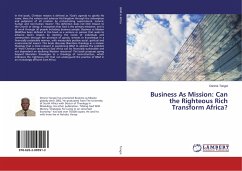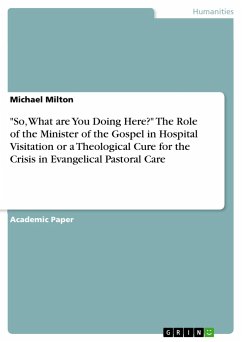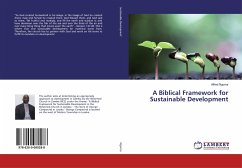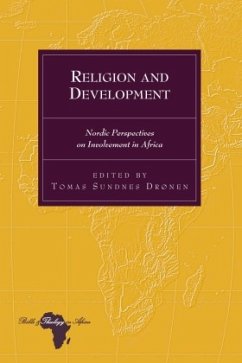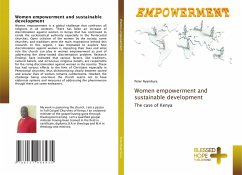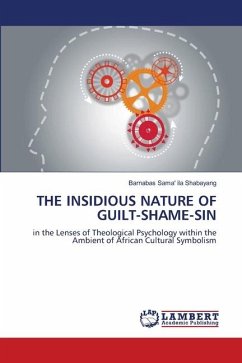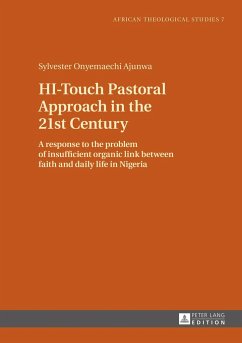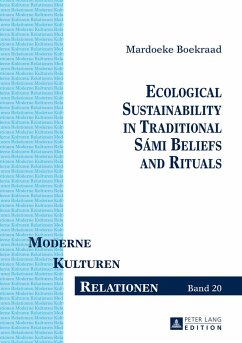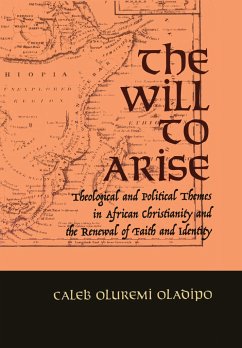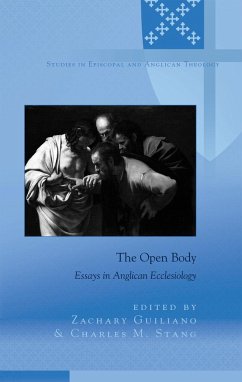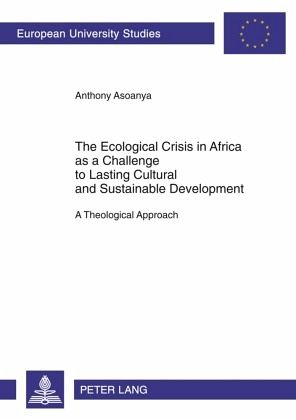
The Ecological Crisis in Africa as a Challenge to Lasting Cultural and Sustainable Development
A Theological Approach. Dissertationsschrift
Versandkostenfrei!
Versandfertig in 6-10 Tagen
126,80 €
inkl. MwSt.

PAYBACK Punkte
0 °P sammeln!
The alleged or the wrongly conceived teaching that 'it is God's will that human beings exploit nature for their proper ends' has largely contributed to the present global environmental predicament. Environmentally speaking, Africa as a continent is today experiencing one epidemic after another. Poverty (material and mental), population pollution, sinful structures, economic disaster, drastic climatic changes, unequal distribution of land, ethnic conflicts, squalor and the degradation of ecosystems are among the most pressing issues undermining lasting sustainable development in Africa. This wo...
The alleged or the wrongly conceived teaching that 'it is God's will that human beings exploit nature for their proper ends' has largely contributed to the present global environmental predicament. Environmentally speaking, Africa as a continent is today experiencing one epidemic after another. Poverty (material and mental), population pollution, sinful structures, economic disaster, drastic climatic changes, unequal distribution of land, ethnic conflicts, squalor and the degradation of ecosystems are among the most pressing issues undermining lasting sustainable development in Africa. This work deals with the cultural and the biblical roots of these ecological crises; ex-rays the historical development of this impasse in Africa, and finally proffers recommendations



